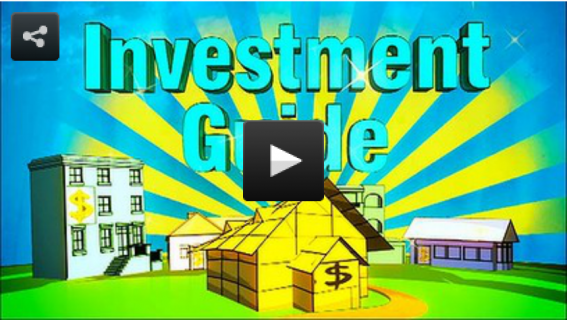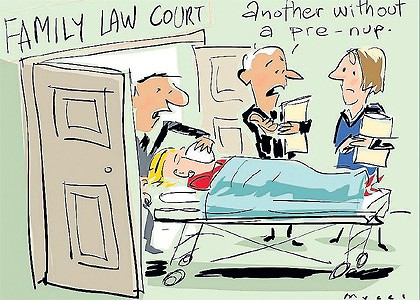Financial advice: Ask Noel Whittaker
My partner and I own a townhouse outright, and it is rented at $450 a week. We are planning to travel for 12 months and continue renting the townhouse while we’re away. We may work in Europe, but besides the rental income will have no other income in Australia. What are our tax obligations on this income during our time out of the country, and how can we minimise any tax obligations while we’re away?
You will remain Australian residents for tax purposes, which means the income will be fully assessable less normal outgoings such as insurance and rates. You can earn $18,200 a year each before paying any tax so if the rental is your only income you should not have any tax to pay. Income earned overseas will be added to your Australian taxable income.
Could you please clarify the limit of assets allowable before losing eligibility for the full aged pension, and what constitutes assets? My husband and I are both retired and of pension age.
The asset test threshold for a couple who own their own home is currently $279,000. Assets include your car, contents, collections as well as financial assets such as bank accounts, shares and superannuation accounts. Your house is not included in your assets, although there is talk at the moment of, at some future date, of increasing the threshold but including the home.
Once your assets exceed the threshold the pension reduces by $1.50 per $1000 of assets a fortnight until it is phased out completely at $1,126,500.
Your eligibility for pension is also assessed based on your income, with whichever test producing the lower amount being the one that is paid. The income threshold for a couple is $276 a fortnight, with income in excess of this amount reducing the pension at 50¢ per dollar.
I am 52 and my husband is 59. I gave up full-time work last year due to illness, although my husband works full time. We have a $257,000 mortgage on our home, which is interest-only until January.
We have $32,000 owing on three credit cards at high interest rates and are unable to get a consolidation loan to get rid of the cards now that we only earn one wage. We do not have enough equity in the house to refinance and clear the cards. I am unable to access my small amount of super. Can my husband claim on his super to clear the credit cards? We don’t want to sell the house.
As your husband is over 55, he should take advice about starting a transition to retirement pension. This will enable him to access part of his superannuation as an income stream, and this should enable you to handle the present debts. Try to focus all your energies on paying off the smallest credit card, and when that is out of the way use the repayments no longer needed for it to attack the next smallest one.
I am 57, my wife is 50 and we have three young adult children. I work as a carpenter and will probably work another five years. We own our home outright, valued at $2.5 million, and have combined super of $300,000. We salary sacrifice $300 a week to super and have $20,000 in savings.
We own a block of ocean-front land and have been offered $600,000 to sell, which we are considering as in future we would like to help our children with deposits for their first homes. If we sell now, where should we hold the proceeds, or do you think we should hold on to the land?
Whether you should hold onto the land is a decision only you can make taking into account its capital gain potential. If you do sell it, a bank account is probably your best bet as there are no entry or exit costs and the money will be available when needed. Investigate first time saver accounts – they have the potential to give you the best after-tax return if the children are happy with the access conditions.
I am 54 and recently unemployed. I own my home, have $360,000 in super and $350,000 in a mortgage offset account. I also have a $900,000 mortgage over four investment properties worth $1.5 million in total, which are all positively geared.
One investment property is unencumbered, one has a $320,000 mortgage at a 4.81 per cent variable rate, and the remaining two properties have a $580,000 mortgage on a five year 5.30 per cent fixed rate. The net rental return is $30,000 annually, although a $40,000 return would be more comfortable.
I will continue looking for work, however in the meantime what strategies should I adopt for the best return in case I am not successful in finding a job?
I think you are perfectly placed as you are. All your properties are positively geared, and you have money available in your offset account if you need it. You could re-examine your options when you find work. I’m sure at your age there are jobs available.
From SMH readers: https://www.smh.com.au/money/ask-an-expert/financial-advice-ask-noel-whittaker-20140527-zro81.html#ixzz3LZNjd6Jy


